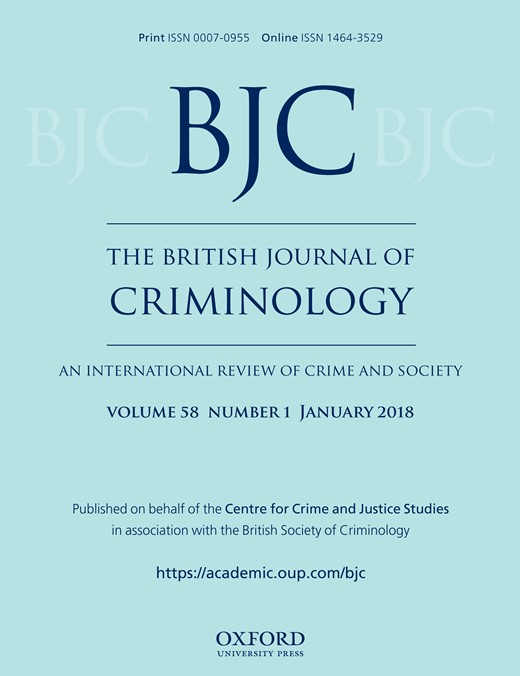-
Views
-
Cite
Cite
Eugene A Paoline, Jacinta M Gau, William Terrill, Race and the Police Use of Force Encounter in the United States, The British Journal of Criminology, Volume 58, Issue 1, January 2018, Pages 54–74, https://doi.org/10.1093/bjc/azw089
Close - Share Icon Share
Abstract
Perennial conflict between police and black citizens has led to calls for greater representation of black officers, yet the presumption that black officers deliver better treatment to—and garner positive reactions from—black citizens has not received sufficient empirical testing. The present examination focusses on the use of force incident, given the symbolism inherent in this encounter. Drawing from prior research and deference exchange theory, this study examines the effects of officer and suspect race in predicting police use of force and suspect resistance. Our findings reveal that white officers are more coercive toward black suspects, but black officers’ force usage is unaffected by suspect race. Conversely, officer race does not predict resistance among white or black suspects. Results are discussed in light of implications for theory, police–black relations and police practices.




